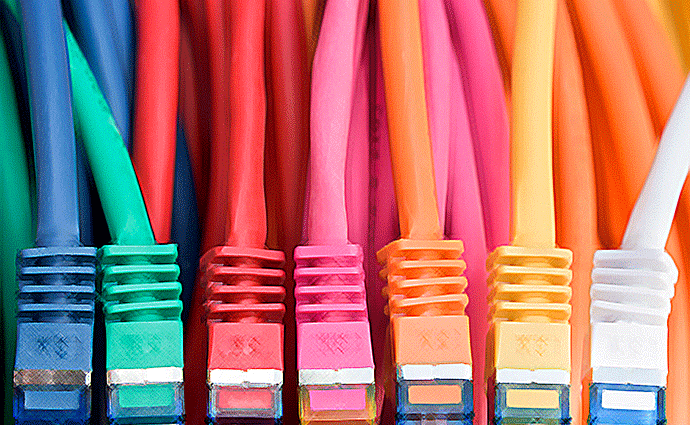FCC Sets New Guidelines for COVID-19 Telehealth Program Relaunch
The Federal Communications Commission is poised to launch the second round of its COVID-19 Telehealth Program, with new guidelines designed to help health systems qualify for reimbursements.

Source: ThinkStock
- The Federal Communications Commission is getting ready to re-open the COVID-19 Telehealth Program.
Acting Chairwoman Jessica Rosenworcel has submitted a Report and Order on Reconsideration that would, if approved by the commission, launch the second round of the program, which reimburses healthcare providers for the purchase of “telecommunications services, information services, and connected devices necessary to provide critical telehealth and connected care services.”
Congress appropriated $200 million last year through the CARES Act to launch the program through the FCC’s Wireline Competition Bureau, which issued awards to 539 applicants before running out of money in July. In December Congress OK’d another $249.95 million through the Consolidated Appropriations Act of 2021 to get the program going again.
It hasn’t been an entirely smooth ride for the program. Some lawmakers questioned how applicants were selected to receive funding, as well as how those not selected were told why their projects were turned down. There were also questions as to whether those who qualified for funds were getting they money they were promised.
In response, the FCC pledged to be more transparent in the second round and to correct problems with the first round. After collecting public input on the program in January, Rosenworcel this week outlined how the re-launch would be handled. Specifically:
- It will establish a system for rating applicants, with more attention paid to hardest-hit and low-income areas as well as projects that failed to gain approval in the first round, those in healthcare provider shortage areas and Tribal communities.
- It will ensure “equitable nationwide distribution of funding so that each state, territory, and the District of Columbia will receive funding since the program’s inception.” Last year’s program funded projects in 47 states, Washington DC and Guam but sent no money to Hawai’i, Alaska or Montana.
- It will set a deadline for applications, rather than reviewing programs as they are submitted, so that all projects can be reviewed at the same time.
- It will award funding in two phases, so that approved projects can be funded quickly and the rest have an opportunity to provide more information to qualify for the second phase.
While this program moves forward, health systems are awaiting the next round of grant awards in the Connected Care Pilot Program, a $100 million effort launched this year through the FCC’s Universal Service Fund to improve broadband connectivity for connected health programs in underserved parts of the country where access to care is limited or hindered.
Some 14 projects, spanning 150 sites in 11 states, were approved for about $26.5 million in funding in January, the first awards issued under the program
